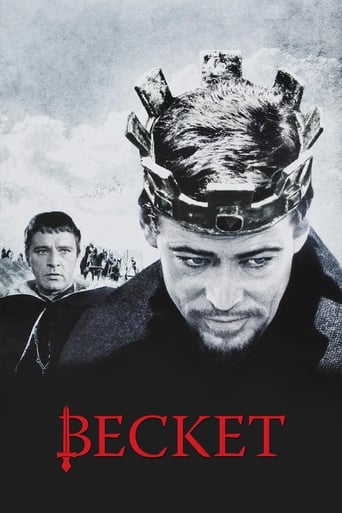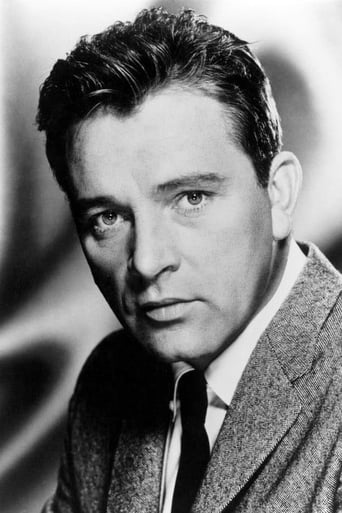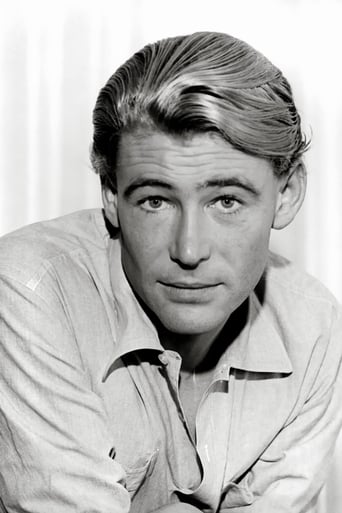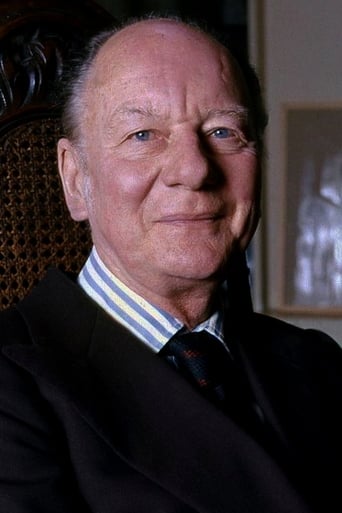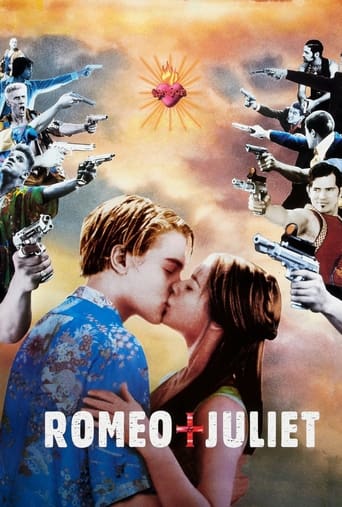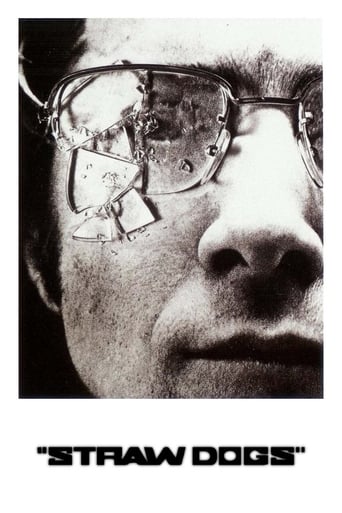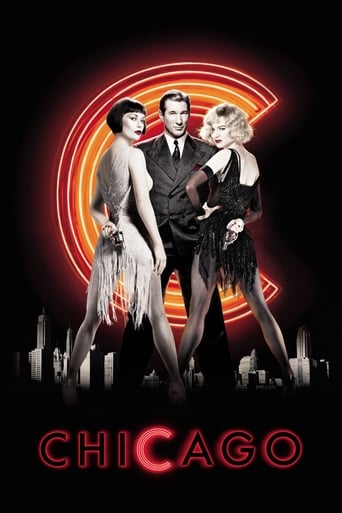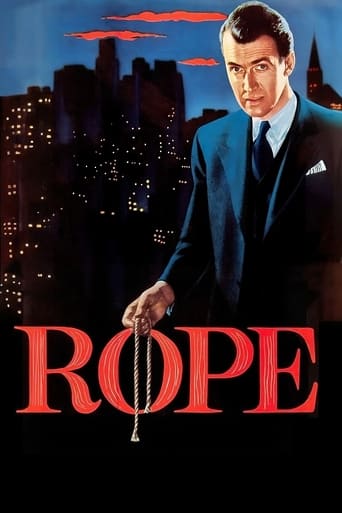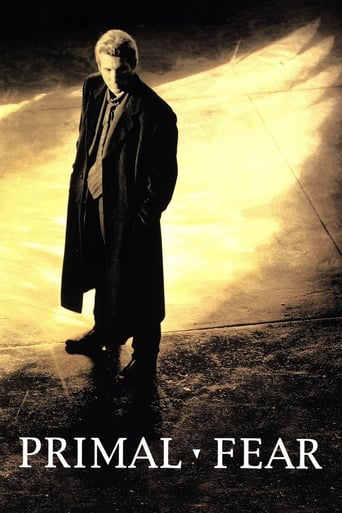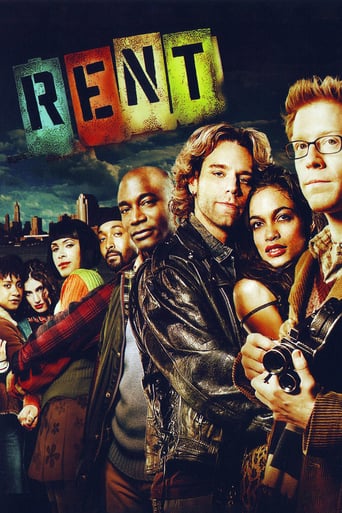Becket (1964)
King Henry II of England has trouble with the Church. When the Archbishop of Canterbury dies, he has a brilliant idea. Rather than appoint another pious cleric loyal to Rome and the Church, he will appoint his old drinking and wenching buddy, Thomas Becket, technically a deacon of the church, to the post. Unfortunately, Becket takes the job seriously and provides abler opposition to Henry. Preserved by the Academy Film Archive in 2003.
Watch Trailer
Cast


Similar titles
Reviews
Sorry, this movie sucks
Fresh and Exciting
It’s not bad or unwatchable but despite the amplitude of the spectacle, the end result is underwhelming.
Unshakable, witty and deeply felt, the film will be paying emotional dividends for a long, long time.
This movie showing its age after 800 years. Visually, it's completely static and claustrophobic. The script is densely wordy, yet no one on this thread has identified any quotable lines. In terms of plot and story arc, it plays as if Stanley Kramer did the middle ages, with a lot of anachronistic business about ethnic/class differences, separation of church and state, and the corruptions of power. Despite the set piece tension between the supposedly Saxon Becket and the Norman Richard, it turns out that the real, historical Becket, too was a Norman. Never mind!As for the acting, get ready for some of the most egregious scenery chewing in Hollywood history. Peter O'Toole is particularly guilty of a when-in-doubt-shout performance. When he gazes guiltily up to heavens, he clearly must be thinking of the soul destroying self betrayals required to win an Oscar. I'm sure that's the hidden meaning behind the penance scenes.
(Flash Review)This film showcases the battle of King vs Church with King Henry II back in the 1100's. Henry is at odds with the church who refuses to contribute to his war fund and he is unsettled by their tax-free status. He has a very loyal friend, Becket, who he strategically appoints as an Archbishop to maneuver his viewpoints inside the church. He had not planned on Becket, who is a very honorable man, to take his new role and title as Archbishop extremely seriously. Thus, he and Becket are at odds as he sides with the Church, rather than his close friend the King. Much of the film are sharp linguistic interactions that are more or less soliloquies as the O'Toole and Burton orate with power. The screenplay writers must have had a great time flexing their muscles as well. Will Henry persuade or outfox Becket to drive his agenda or will his impulsive emotions get the better of him? This film has the feel that it could translate easily onto the stage as dialog, rather than action, drove the story. For those in the mood for acting and dialog, this will meet your needs.
OMG this movie is so LGBT it really should be categorized as gay-themed. Probably the gayest mainstream film of the mid-1960s. And let's not forget, Burton and O'Toole were A-list actors then. True, their characters indulge in wenching (gotta love that word) at the beginning of the film but fasten the leather straps for the unbelievable 180 when Beck becomes Big Churchy Prig like overnight (Beck goes to bat over a sex-abuser priest because churchy authority must trump earthy) and Hen is just CRUSHED.... This is as gay as it gets, dear readers. Probably historically totally inaccurate. And it seems the filmmakers couldn't care less about anyone's approval. All the Catholic stuff (costumes, rituals, etc.) is totally gayicized, (which is not hard to do). A strangely fun movie and screamingly essential for all LGBTs.
It's a strange experience re-viewing a movie half a century (or almost) after the first viewing. When ' Becket ' appeared on the Romanian screens the year must have been 1964 (the year the film production ) or 1965. My emotional and selective memory kept the character of Becket and the image of Richard Burton about whose career I was already fully aware that time. I did not know Peter O'Toole well yet, or in any case I was not aware enough of his stature. For reasons that only censorship in Romania at that time knows that film about pious Saint Thomas Becket was brought to screens, but the one about the hero dedicated to the Arab national cause 'Lawrence of Arabia' was not. It's probably only after I saw ' Man of La Mancha ' that I understood what a huge actor O'Toole was. The main lines of the conflict between King Henry II and the Bishop of Canterbury were clear to me, and I remembered them when half a life later we visited Canterbury and I stepped onto the tiles once stained with the blood of St. Thomas.Based on a play by Jean Anouilh 'Becket' was first a hit on Broadway (with Lawrence Olivier and Anthony Quinn in the lead roles) and then in the West End where Eric Porter and Christopher Plummer played directed by Peter Hall. Peter Grenville, the director of the American version assumed the task of directing the film produced at the legendary Shepperton Studios in England. 'Becket' is a historical drama that largely follows the tradition of the great Shakespearean adaptation, however, the text of Jean Anhouilh balances the historical conflict with the story of a passionate friendship between two great men who have shared the stage history of the period in which they lived.Almost a hundred years after the invasion of England, the Norman ruling class continues to be in conflict with the invaded Saxons. For Anhouilh the political dimension of the text is clear, the play was written and first staged in Paris 15 years of the liberation of France and the end of the collaboration with the German occupiers. Does Thomas Becket 's vision represents an absolution carried by Anhouil of the act of collaboration with the occupiers, in a situation when they know that violent resistance can lead to nothing but a heroic death? This dilemma is present mainly in the first part of the play and the film gradually shits its focus to the religious and personal conflicts between the two main characters. Becket's character seems to be made of the material of which martyrs are made, but historical righteousness is actually on King Henry's side. Centralization of state and the principles of equality in face of the law of all citizens are historical phenomena that will prevail in the coming decades and will form the basis of the first written constitution in European history. Blood spilled in Canterbury , reconciliation and penance undertaken by king will cement the English nation and will define the balance of powers between the Kingdom and the Church of England.Like many historical blockbusters of the time 'Becket' touches today in places other than the ones that resonated with the audiences half a century ago. The accuracy of the historical reconstruction has been perfected in many other productions that followed, on the other hand none brought on the same screen two great actors in film history at their maximum intensity. Burton was at the peak of his career, this was one of his last major roles before entering the descending slope (in roles on screen and in life). I dare say though that besides the fact that Burton's eyes are more blue, Peter O'Toole surpasses him in almost all aspects and King Henry survives better than 50 years of life on the screen added to the 800 years of history. While Becket's character evolves from Saxon nationalism to predictable holiness, King Henry is torn between blind faith in friendship, disappointment in the face of what he perceives to be betrayal, misunderstanding of the reasons and motivation of the actions of his friend, Machiavellianism and Pharisaism . O'Toole created with passion and cruelty a character whose cynicism includes all the psychological motivations for the acts they commit. The final scene includes the premises of reconciliation between state and church, by the King act of apparent penance and hypocrite sanctification of the man whose death King Henry ordered, leading to the subordination of the Church of England to the Crown. The balance of power between the two characters turned upside down in history.

